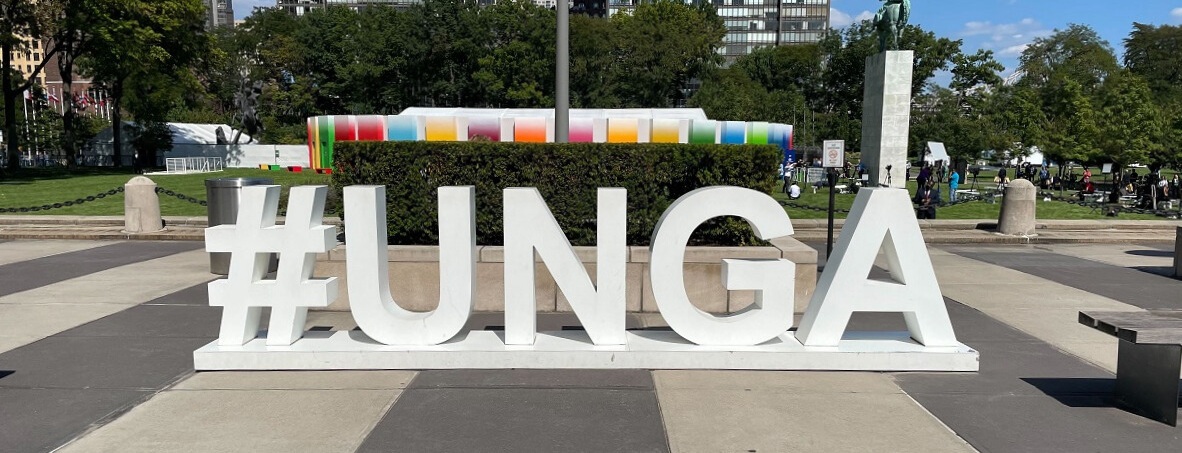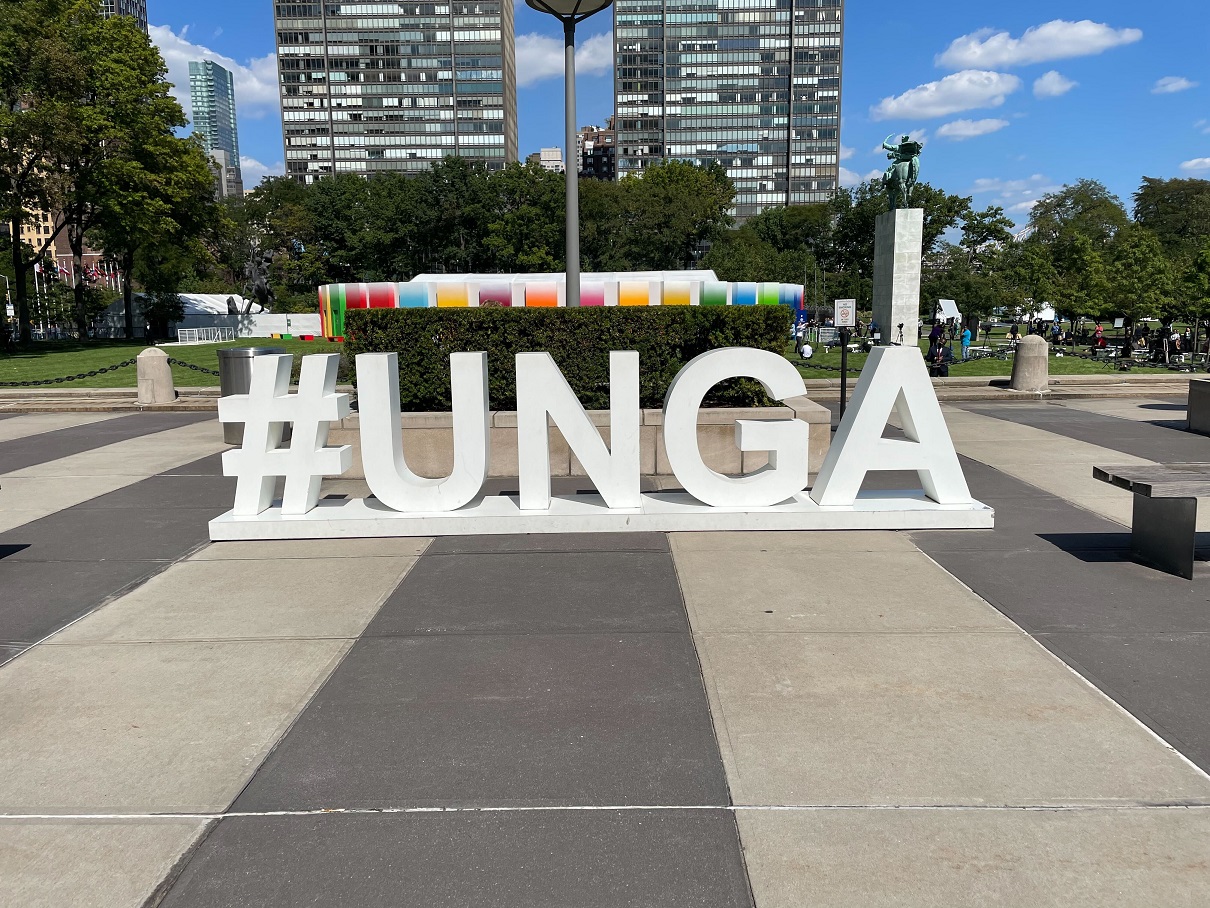
Last week, Research-Aid Networks’ president, Dr. Jeremy Rossman, attended the United Nations General Assembly meetings on Pandemic Prevention, Preparedness and Response and Universal Health Coverage.
We wanted to publicly share the statement on PPPR that we submitted to the panel, as we believe it touches on important points that need to be part of any future discussions on pandemic preparedness.
Without the trust of the people, pandemic preparedness and responses will always fail. This is because effective responses require the collective action of individuals, most of whom have no medical or scientific training or expertise. Without a personal ability to evaluate the scientific literature, people are dependent on effective communication from authorities and experts that they trust. It is the responsibility of governments, health systems and scientists to communicate the guidance and rationale that is needed to shepherd individual actions to protect health and well-being of both individuals and communities in a pandemic. Yet over the course of the COVID-19 pandemic this guidance has often either failed to promote individual action or simply failed to protect people’s health and wellbeing (for example by dichotomizing health and economics and promoting action to protect one at the expense of the other).
In order to demonstrate to someone the need for them to take, sometimes extreme action, a convincing argument needs to be made that explains not just the needed action but the rationale behind the action, including the costs of acting and the personal, community and societal risks if that action is not taken. This is the same for politicians deciding actions for a country as it is for an individual deciding on personal actions; however, during the COVID-19 pandemic, politicians were afforded the opportunity to hear the scientific evidence and attempted to balance the costs and benefits of different actions for their constituents, who were not afforded the same opportunity. Instead the situation and scientific evidence for action was often examined and debated behind closed doors with the people only hearing the resulting guidance or mandates for action.
If there was perfect trust between the people and a government, perhaps this approach could be successful. Unfortunately, trust is often in short supply, something that has dramatically worsened over the course of the pandemic as individuals were instructed to take actions without understanding the full need, were not provided with guidance or infrastructure support putting health and well-beings at risk or even given information that conflicted with other sources or with previous information. For example, early in the pandemic many governments advised against medical-grade mask wearing; however, it was later seen that these masks can significantly reduce SARS-CoV-2 transmission, and therefore, protect the wearer. Unfortunately, without clear communication many were left wondering how to trust this apparently conflicting advice and thus believing masks are not effective, a situation that persists to this day and could impact future pandemic responses.
We propose that effective pandemic preparedness and responses requires that governments work with scientists and experts from a range of disciplines and sectors, from medical to psychology to communication, to bring the scientific process to the public in a transparent way. There is often a perception in crisis responses that there is not enough time to fully explain the situation to people that need to take action, but we saw clearly in previous epidemics that expedited mandated actions were far less effective than slightly slow but more fully communicated guidance for individual actions. In addition it is often viewed that expressing any level of doubt, uncertainty or consequences to guidance will reduce the translation to action. However, from extensive studies on vaccine hesitancy we know that effective communication of both the scientific certainties and uncertainties does not discourage action, but helps to build trust and enables individuals to make their own informed decisions. A pandemic is a terrifying situation. The fact that many people were not afraid and did not see a reason to take action is evidence of a failure to effectively communicate the situation but instead rely on trust that had already significantly decayed. This trust needs to be repaired before the next disaster strikes.
Effective pandemic preparedness and responses need to both start and end with individual trust and action. Through a transparent, multi-sectoral decision making process we can communicate the situation and the rationale for individual actions. By openly communicating the costs and benefits of the actions, the risks of inaction, and the areas of certainty and uncertainty we build trust and empower individuals to make informed decisions that can protect their own health and wellbeing, as well as that of their community, their country and the world.


